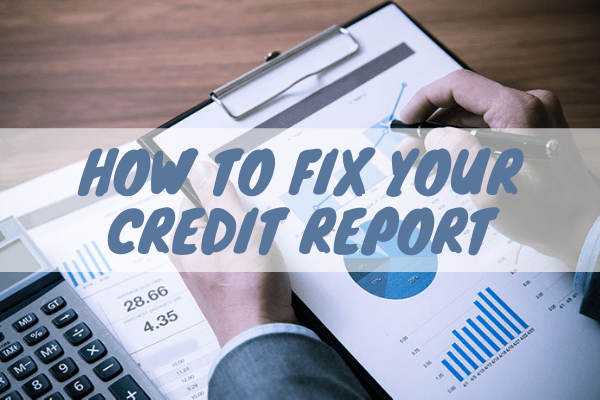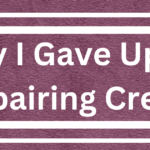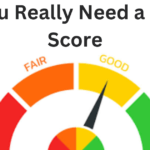If there are bad marks on your credit report, due to outstanding debts, then repay those debts immediately. The debts with the highest interest should be your first concern. If you find your money troubles to be too great, then turn to a non-profit credit-counseling organization. A counselor can help you develop a debt-consolidation plan and even be a liaison between you and your creditors, negotiating debt reduction. You may be able to reduce monthly payments by as much as 40%.
Also, limit the number of credit card accounts you have. Only maintain the ones that are absolutely necessary. If you eventually develop a healthy credit history, you can take on more accounts if you wish, but even those with a high income will find that multiple accounts are a financial burden and end up trapping them in a nightmare of debt. It’s also important to preserve your total accessible credit on these accounts and to be aware of how much credit you have used so far.
On that same note, do not open multiple accounts at the same time – that will just set you up for an irresistible cycle of debt. The rule of thumb is: don’t open up credit accounts that are unnecessary. Usually, they will end up costing more than you would’ve originally spent if you’d never requested the credit in the first place. Furthermore, don’t think that closing an account will fix your problems. This will not fix your credit report. Taking the above steps to repair your credit score is the best coarse of action and you can do it.





